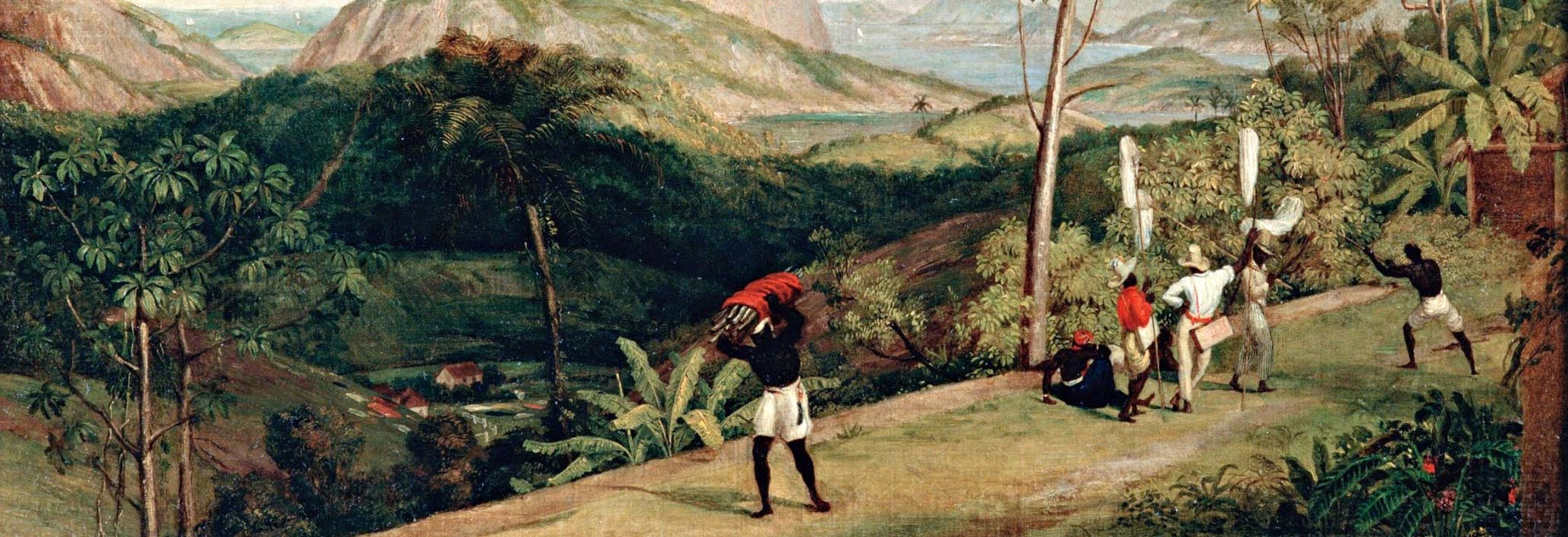John Graweere was an African-born servant and legal pioneer who successfully freed his son in early colonial Virginia.
Born Joao Geaween in Africa (probably Angola), Graweere was among the first generation of Africans captured and brought to the English colony of Virginia in the 1620s and 1630s. Graweere worked as a servant near James City (now called Jamestown) for white colonist William Evans. It is not clear whether Graweere was a slave or a servant for a fixed term but like most early Virginia settlers, white and black, he probably helped to cultivate and harvest his master's tobacco. Court records show that Graweere was also permitted to raise hogs and keep half the profits (the other half going to his master). Such arrangements were subject to the master’s whims, because unlike white servants, there were no formal contracts between black laborers and their masters in colonial Virginia.
Early Virginia’s frontier conditions afforded African settlers somewhat greater freedom in social relations than in later years. Around 1635, Graweere married an African-born woman, Margaret Cornish, who worked as a servant for white colonist Lieutenant Robert Sheppard. A few years later the couple had a child, named Mihill, or Michael. By 1640 Graweere had saved enough money to purchase Michael's freedom from Sheppard, but a question soon arose as to whether the child now belonged to his own father or to his father's master, William Evans. To settle this dispute, John Graweere became one of the first Africans to petition the Virginia courts. In its 1641 decision, the court granted his request, though the decision appears to have taken religious arguments as the basis for the child’s freedom, with Graweere expressing a desire to raise him as a Christian.
Other contemporary cases, such as the one involving Robert Sweat, show that Africans and Afro descendants were not treated equally to whites before the law. Nonetheless, Graweere's experiences are suggestive of the relative legal and economic autonomy that Africans enjoyed in colonial America in the first half of the seventeenth century.
Records of Graweere’s death have not come to light
Read the full, original biography by Steven J. Niven in the African American National Biography
Bibliography
Higginbotham, A. Leon, and Edward Dumbauld. In the Matter of Color: The Colonial Period. Race and the American Legal Process; v. 1. New York: Oxford University Press, 1978.
Higginbotham, A. Leon. Shades of Freedom : Racial Politics and Presumptions of the American Legal Process. Race and the American Legal Process ; v. 2. New York: Oxford University Press, 1996.
Morgan, Edmund S. American Slavery, American Freedom: The Ordeal of Colonial Virginia. New York: W.W. Norton & Co, 2003.
Niven, Steven J.. "Graweere, John." African American National Biography, edited by Ed. Henry Louis Gates Jr.. , edited by and Evelyn Brooks Higginbotham. . Oxford African American Studies Center, http://www.oxfordaasc.com/article/opr/t0001/e2772 (accessed Thu Sep 05 13:05:39 EDT 2019).
Author
Steven J. Niven
Adapted by
James Almeida and Steven J. Niven
Contributing Institutions
Hutchins Center for African & African American Research, Harvard University, Cambridge, MA.
Oxford University Press (USA) African American Studies Center.





